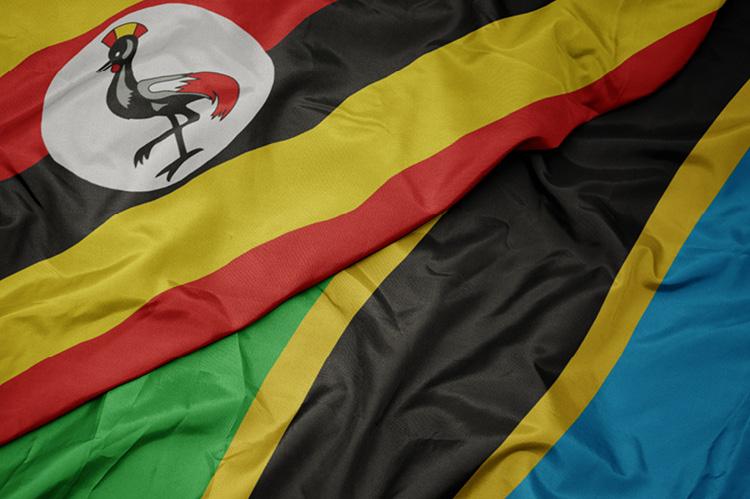The Multibillion East Africa Crude Oil Pipeline Inches Closer to Final Investment Decision

The Uganda-Tanzania crude oil pipeline project is nearing its final funding decision, following the resolution of a long-standing issue between Tanzania and Chinese financiers.
While the issue between Tanzania and Chinese funders wasn't directly related to the East Africa Crude Oil Pipeline (EACOP), Kenny Fihla, the CEO of Standard Bank Group’s commercial and investment banking division, acknowledged that it was a major obstacle in reaching the final investment decision.
Fihla explained that “the delay was because of the historical dispute between the Tanzanian government and some of the Chinese funders, which had nothing to do with the project, but it needed to be resolved to enable an agreement on the pipeline. We’re told that the agreement has been reached."
Standard Bank's commitment to invest up to $100 million hinges on reaching an agreement between project developer TotalEnergies SE, China's CNOOC Ltd., and the governments of Uganda and Tanzania regarding the project's financing structure, as Fihla clarified.
In addition to financial considerations, the bank is waiting for the completion of an environmental and social impact assessment study, as reported by Bloomberg.
"The data-gathering process and response is close to finality. If we’re comfortable with that, we’ll say yes, but if we’re uncomfortable with that, we’ll either require further studies, or we’ll say no," Fihla noted.
The ongoing efforts to construct the crude pipeline have sparked a heated debate over the project’s impact on economic development and environmental protection, particularly in a region highly susceptible to the effects of climate change.
Since its conception, Environmental groups have expressed concerns about potential damage to the habitats of endangered wildlife species and the displacement of at least 118,000 people. As a result, about 260 civil society organizations, including Standard Bank, have been urged not to participate in the project.
"It is not dependent on Standard Bank’s funding at all. We will fund it - if we ultimately decide to - because it’s the right thing to do for the economy of Uganda and Tanzania and because we think all the issues have been adequately dealt with and addressed," Fihla said, emphasizing that the project will positively impact on Uganda’s economy.
However, he acknowledges that the project's realization is not solely dependent on Standard Bank's funding. Spanning 1,443 kilometers (897 miles), the pipeline is expected to commence oil transportation in 2025, transporting up to 246,000 barrels daily at its peak, according to the project's official website.
TotalEnergies holds a majority 62% stake in this ambitious endeavor, which is set to become the world’s longest-heated pipeline upon completion.
State-owned Tanzania Petroleum Development Corp. and Uganda National Oil Co. possess a 15% interest each, with the remaining ownership attributed to CNOOC. According to UNOC, the project's financing structure will follow a 40:60 equity-debt ratio.
